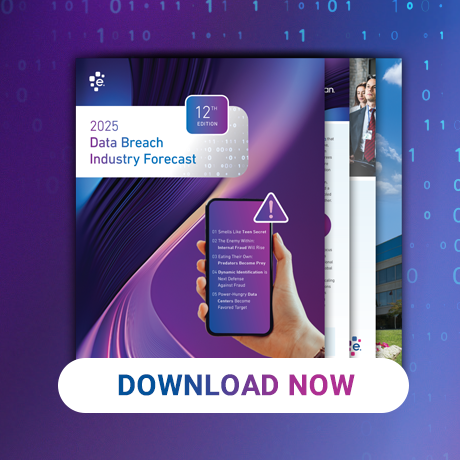By: Kristan Keelan
What do you think of when you hear the word “fraud”? Someone stealing your personal identity? Perhaps the recent news story of the five individuals indicted for gaining more than $4 million from 95,000 stolen credit card numbers? It’s unlikely that small business fraud was at the top of your mind. Yet, just like consumers, businesses face a broad- range of first- and third-party fraud behaviors, varying significantly in frequency, severity and complexity. Business-related fraud trends call for new fraud best practices to minimize fraud.
First let’s look at first-party fraud. A first-party, or victimless, fraud profile is characterized by having some form of material misrepresentation (for example, misstating revenue figures on the application) by the business owner without that owner’s intent or immediate capacity to pay the loan item. Historically, during periods of economic downturn or misfortune, this type of fraud is more common. This intuitively makes sense — individuals under extreme financial pressure are more likely to resort to desperate measures, such as misstating financial information on an application to obtain credit.
Third-party commercial fraud occurs when a third party steals the identification details of a known business or business owner in order to open credit in the business victim’s name. With creditors becoming more stringent with credit-granting policies on new accounts, we’re seeing seasoned fraudsters shift their focus on taking over existing business or business owner identities.
Overall, fraudsters seem to be migrating from consumer to commercial fraud. I think one of the most common reasons for this is that commercial fraud doesn’t receive the same amount of attention as consumer fraud. Thus, it’s become easier for fraudsters to slip under the radar by perpetrating their crimes through the commercial channel. Also, keep in mind that businesses are often not seen as victims in the same way that consumers are. For example, victimized businesses aren’t afforded the protections that consumers receive under identity theft laws, such as access to credit information. These factors, coupled with the fact that business-to-business fraud is approximately three-to-ten times more “profitable” per occurrence than consumer fraud, play a role in leading fraudsters increasingly toward commercial fraud.


